Table Of Contents
- HTB 2 Year Fixed Rate Savings Account
- iFAST 2 Year Fixed Term Deposit
- Investec Fixed Rate Saver 2 Year
- Zenith 2 Year Fixed Term Deposit
- BLME Premier Deposit Account 2 Year
- RCI 2 Years Fixed Term Savings Account
- Atom Bank 2 Year Fixed Saver
- DF Capital - 2-Year Fixed Rate Deposit
- Castle Trust Bank 2 year Fixed Rate e-Saver
- Close Bank 2 Year Fixed Rate Bond
Following my comprehensive exploration of all fixed-rate bonds in the UK, this article zeroes in on the best 2-year fixed rate bonds—a sought-after choice for savers seeking a balance between competitive interest rates and the flexibility of a shorter commitment.
Discover how these options stand out in the current financial climate, offering a promising avenue for those looking to optimize their savings strategy with a medium-term perspective.
Editor’s Pick for the Best 2-Year Savings Account
My pick for the best 2-year fixed rate bond in the UK is the iFAST 2 Year Fixed Term Deposit, offering an impressive 4.90% AER.
This standout option combines competitive interest rates with the security and predictability that savers highly value.
The iFAST 2 Year Fixed Term Deposit is a prime choice for individuals looking to lock in a favorable rate, ensuring a higher return on their investment without the long-term commitment required by longer-duration bonds.
The 4.90% AER distinguishes it in the market, providing a lucrative opportunity for savers to grow their funds efficiently over a two-year period.
This is one of our favourite fixed rate bonds as it exemplifies a strategic saving instrument, perfectly balancing between yield and time, making it an optimal choice for those aiming to maximize their financial growth with a medium-term investment horizon.
Quick List of Highest Yield 2 Year Fixed Rate Bonds:
HTB Fixed Rate Savings Account - 4.80% AER
iFAST 2 Year Fixed Term Deposit - 4.90% AER
Investec Fixed Rate Saver 2 Year - 4.75% AER
Zenith 2 Year Fixed Term Deposit - 4.90% AER
BLME Premier Deposit Account 2 Year - 4.75% AER
RCI 2 Years Fixed Term Savings Account - 4.70% AER
Atom Bank 2 Year Fixed Saver - 4.60% AER
DF Capital - 2-Year Fixed Rate Deposit - 4.96% AER
Castle Trust Bank 2 year Fixed Rate e-Saver - 4.55% AER
Close Bank 2 Year Fixed Rate Bond - 4.95% AER
2-Year Fixed Rate Bonds Comparison Table
Issuer | AER | Min Deposit | Max Deposit | Interest Payment | Account Opening |
|---|---|---|---|---|---|
4.80% | £1,000 | £250,000 | Paid annually | Online | |
4.90% | £1 | £250,000 | Annually | Online | |
4.75% | £5,000 | £250,000 | Paid annually | Online | |
4.90% | £1,000 | £1,000,000 | On Maturity | Online | |
4.75% | £1,000 | £1,000,000 | Annually or on Maturity | Online | |
4.70% | £1,000 | £1,000,000 | Monthly of Annually | Online | |
4.60% | £50 | £100,000 | Annually | Online | |
4.96% | £1,000 | £250,000 | Paid on maturity | Online | |
4.55% | £1,000 | £500,000 | Paid on Maturity | Online | |
4.95% | £10,000 | £2,000,000 | Annually | Online |
HTB 2 Year Fixed Rate Savings Account - 4.80% AER

Minimum Deposit: £1,000
Maximum Deposit: £250,000
AER: 4.80%
Early Withdrawal Penalties: Loss of interest, amount unspecified
Interest Payment: Paid annually
Bond Issuer Description: Highly credible with a robust financial standing. Offers online, branch, and post account opening options.
First on the list has to be the Hampshire Trust Bank's 2 Year Fixed Rate Bond. While this is not the highest-yield paying bond I like HTB’s suite of financial products and the fact that they are a credible issuer.
The Hampshire Trust Bank's 2 Year Fixed Rate Bond offers a 4.80% AER, requires a minimum £1 investment, and caps at £250,000. Interest is paid annually, with no withdrawals allowed before maturity. It's ideal for investors seeking a guaranteed return without needing access to their funds for two years.
iFAST 2 Year Fixed Term Deposit - 4.90% AER
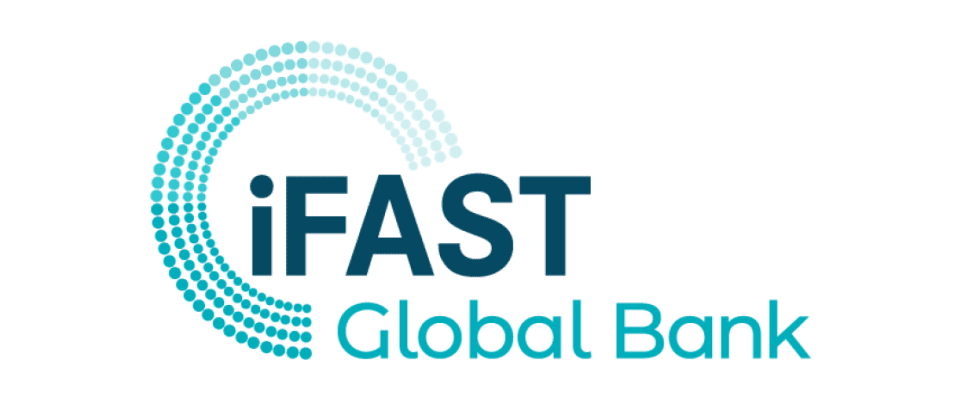
Minimum Deposit: £1
Maximum Deposit: £250,000
AER: 4.90%
Early Withdrawal Penalties: You cannot withdraw your money earlier
Interest Payment: Annually
Bond Issuer Description: iFAST Global Bank operates primarily online, catering to a modern client base with a promise of rapid, efficient service and competitive rates. Since its inception, it has garnered a reputation for customer-centric policies and innovative financial solutions.
iFAST Global Bank's bonds offer a slightly higher Annual Equivalent Rate (AER) of 4.90% compared to HTBs at 4.80%. This increment, although seemingly modest, can accumulate to a substantial amount over time, especially for larger deposits. The entry point for investment is set at a very low £1, making it accessible to everybody.
However, the lack of a withdrawal option is something to consider seriously. It’s crucial to be confident in your ability to commit for the entirety of the term.
Interest payment methods with iFAST Global Bank are accommodating, with options paid annually, offering a straightforward way to earn from your savings.
Their digital-first approach, including an online application and account management system, aligns with current consumer preferences for banking services. For those well-versed in online transactions and looking for competitive rates, iFAST Global Bank's offerings are worth considering.
My exploration into the 2 year fixed rate bonds market reveals a landscape of options, each with
iFAST Global Bank stands out for their higher AER and digital efficiency but it's crucial to weigh these factors alongside personal financial goals and liquidity needs.
Investec Fixed Rate Saver 2 Year - 4.75% AER
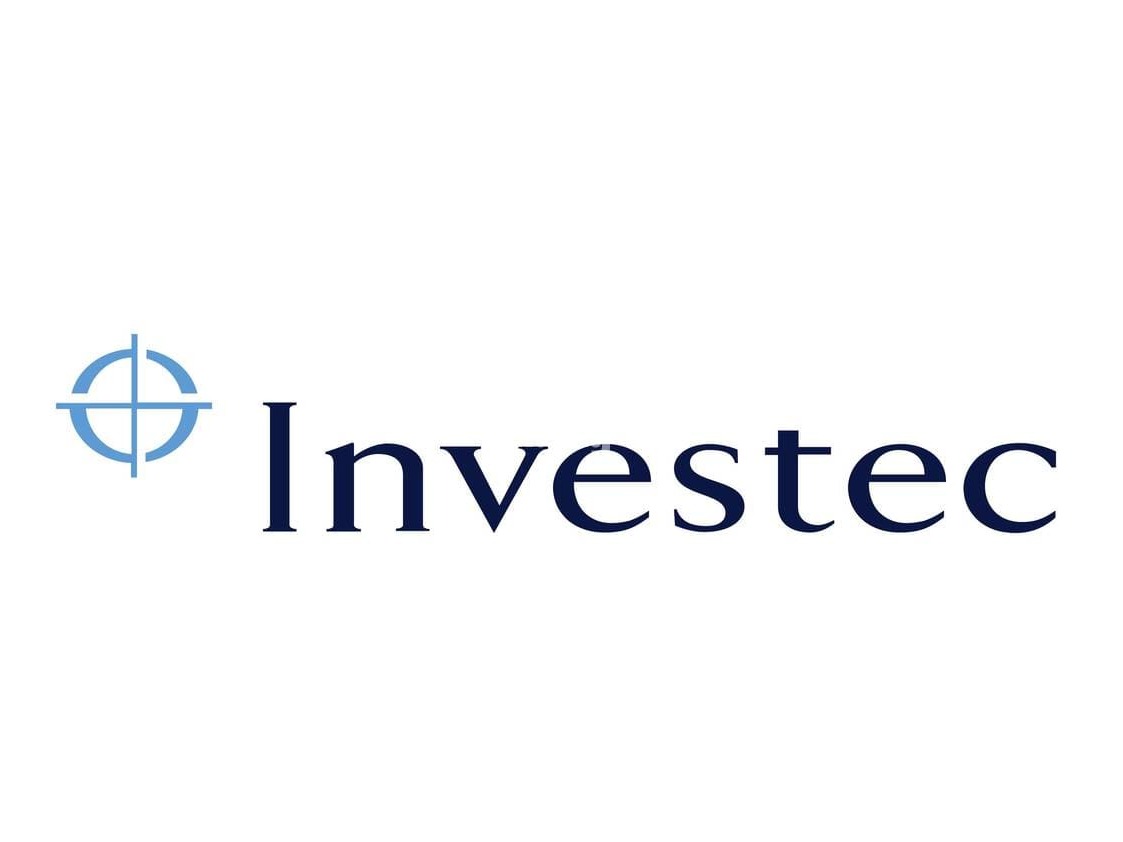
Minimum deposit: £5,000
Maximum deposit: £250,000
Annual Equivalent Rate (AER): 4.75%
Early withdrawal: Not possible
Interest payment options: Added to the account or paid annually
Bond issuer description: Investec is renowned for its strong focus on private banking and wealth management, serving customers globally. They have built a reputation for their personalised service and competitive interest rates.
Comparing Investec's 2 Year Saver bond to iFAST Global Bank's offering, which I explored above, Investec demands a higher minimum deposit (£5,000 compared to iFAST's £1,). However this is still a very decent AER for a 2 Year fixed rate bond and considering Investec’s reputation I would totally consider investing in it.
Investec Bank's digital-first approach also resonates well with my preferences for online banking, offering ease and convenience in managing investments. Their commitment to providing competitive rates, coupled with their reputation for exceptional customer service, positions their 2-year fixed rate bond as an attractive option for those looking to lock in a higher interest rate on their savings.
In balancing the factors of minimum and maximum deposits, AER, and accessibility, it becomes clear that each bond possesses unique facets designed to cater to different investor profiles.
Zenith 2 Year Fixed Term Deposit - 4.90% AER

Minimum Deposit: £Minimum Deposit: £1,000
Maximum Deposit: £1,000,000
AER: 4.90%
Early Withdrawal: Not Allowed
Interest Payment: On Maturity
Bond Issuer Description: Zenith Bank, with its robust presence in the financial market, offers a stretched maximum deposit limit which is particularly appealing to high-net-worth individuals looking for a secure investment option with competitive yields.
Comparatively speaking, Zenith Bank's bond options are quite lucrative, especially when stacked against Investec’s offering.
This comparison highlights Zenith Bank as a potent choice for investors aiming for higher yields with larger capital.
Moreover, similar to Investec Bank, and staying ahead in the game, Zenith also embraces a digital-first approach, ensuring ease of account management and application process online.
This factor particularly resonates with me as it aligns with the modern investor's preference for convenience and efficiency in banking transactions.
On early withdrawal penalties: While Zenith Bank enforces a penalty akin to iFAST Global Bank's and Investec Bank's penalties, its superior AER and massive deposit ceiling can offset this drawback for investors who are less likely to need early access to their funds. You can see more details on their official website.
BLME Premier Deposit Account 2 Year - 4.75% AER
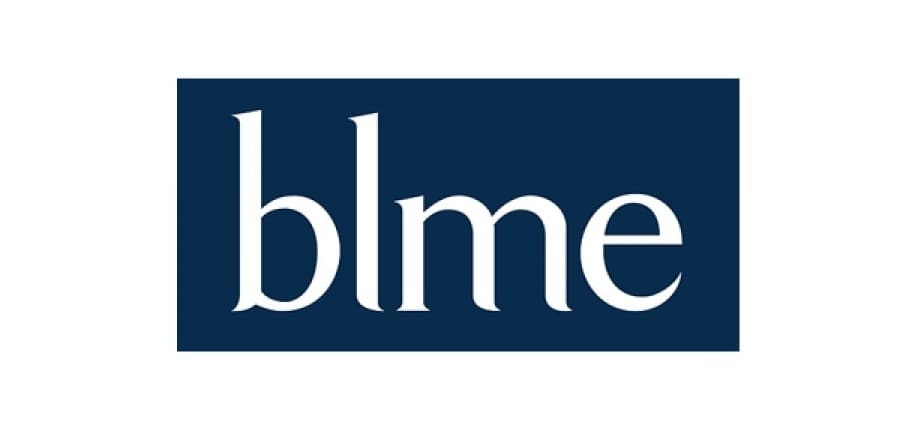
Minimum Deposit: £1,000
Maximum Deposit: £1,000,000
AER: 4.75%
Early Withdrawals: Not permitted
Interest Payment: Annually or on Maturity
Bond Issuer Description: BLME (Bank of London and The Middle East) operates under Sharia principles, ensuring that your investment is ethically sound and complies with Islamic banking laws.
Known for its adherence to Sharia principles, BLME introduces the 2 Year Premier Deposit Account to the fixed rate bonds arena, especially for those looking for ethically aligned banking products.
It’s important to mention that BLME’s Premier Deposit Accounts can be opened online. The note-worthy maximum deposit limit of £1,000,000 underscores BLME’s capacity to cater to high-value investors, offering substantial growth potential on larger sums.
RCI 2 Years Fixed Term Savings Account - 4.70% AER
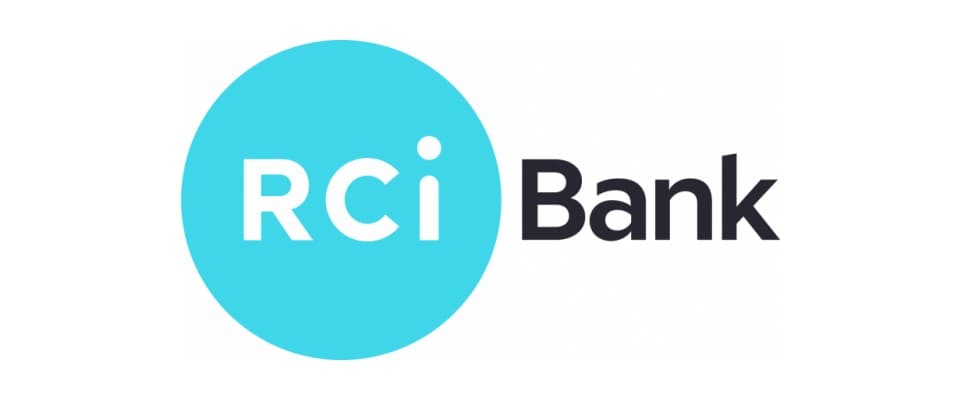
Minimum Deposit: £1,000
Maximum Deposit: £1,000,000
AER: 4.70%
Early Withdrawal: Not Allowed
Interest Payment: Monthly of Annually
Bond Issuer Description: RCI Bank is famed for its direct and straightforward banking services. It's known for providing competitive rates and easy access to accounts online, making it a favourite among savers who value simplicity and efficiency in their banking experiences.
RCI Bank UK's 2 Year Fixed Term Savings account has a minimum deposit required just £1,000 and accounts can be opened digitally. This opens the door for investors with less capital to still lock in a modest interest rate. It also offers unlimited top up for the first 14 days.
The loss of 90 days of interest as an early withdrawal penalty is less severe than the forfeiture of all accrued interest with BLME, making RCI Bank's bond slightly more flexible. This could be particularly appealing for savers who are not entirely sure they can lock away their funds for the full term without accessing them.
Atom Bank 2 Year Fixed Saver - 4.60% AER

Minimum Deposit: £50
Maximum Deposit: £100,000
AER: 4.6%
Early Withdrawal: Not Possible
Interest Payment: Annually
Bond Issuer Description and Info: Atom Bank stands out as a digital-first entity, epitomizing the shift towards online banking. Their innovative approach to banking is designed to simplify the savings process, providing users with an intuitive mobile banking experience.
Let's pivot to explore what Atom Bank has to offer. They've thrown their hat into the ring with a competitive edge with their 2 Year fixed saver, especially for those looking for a blend of accessibility and higher returns.
Comparatively, Atom Bank’s 2-year fixed-rate bond introduces a lower barrier to entry with its £50 minimum deposit, a stark contrast to RCI’s heftier requirement of £1,000.
You can open and manage an account using Atom’s app This makes Atom Bank’s offering significantly more accessible to a wider range of savers, emphasizing inclusivity in the saving community.
Withdrawals are not permitted until the product term ends. Additional details regarding tax implications and account management are provided on the company’s website to ensure users can make informed decisions.
DF Capital - 2-Year Fixed Rate Deposit - 4.96% AER

Minimum Deposit: £1,000
Maximum Deposit: £250,000
AER: 4.96%
Early Withdrawal: Not Permitted
Interest Payment: Paid on maturity
Bond Issuer Description: DF Capital is a commercial bank dedicated to lending to Small and Medium-sized Enterprises (SMEs) in the UK. Since its authorization as a bank in September 2020, it has carved a niche by focusing on supporting small businesses, which adds a layer of social responsibility to choosing it as a savings platform.
This institution caught my eye because of the high interest rate they offer on their 2-year fixed rate deposit which is at 4.96% AER.
This higher AER offers a more lucrative return for savers, albeit with a slightly higher entry than most fixed rate 2 year bonds on this list.
There is a 14-day funding window and accounts can be opened and managed digitally. The account is also protected by the FSCS, for up to £85,000 making it a trustworthy and safe account.
Castle Trust Bank 2 year Fixed Rate e-Saver - 4.55% AER
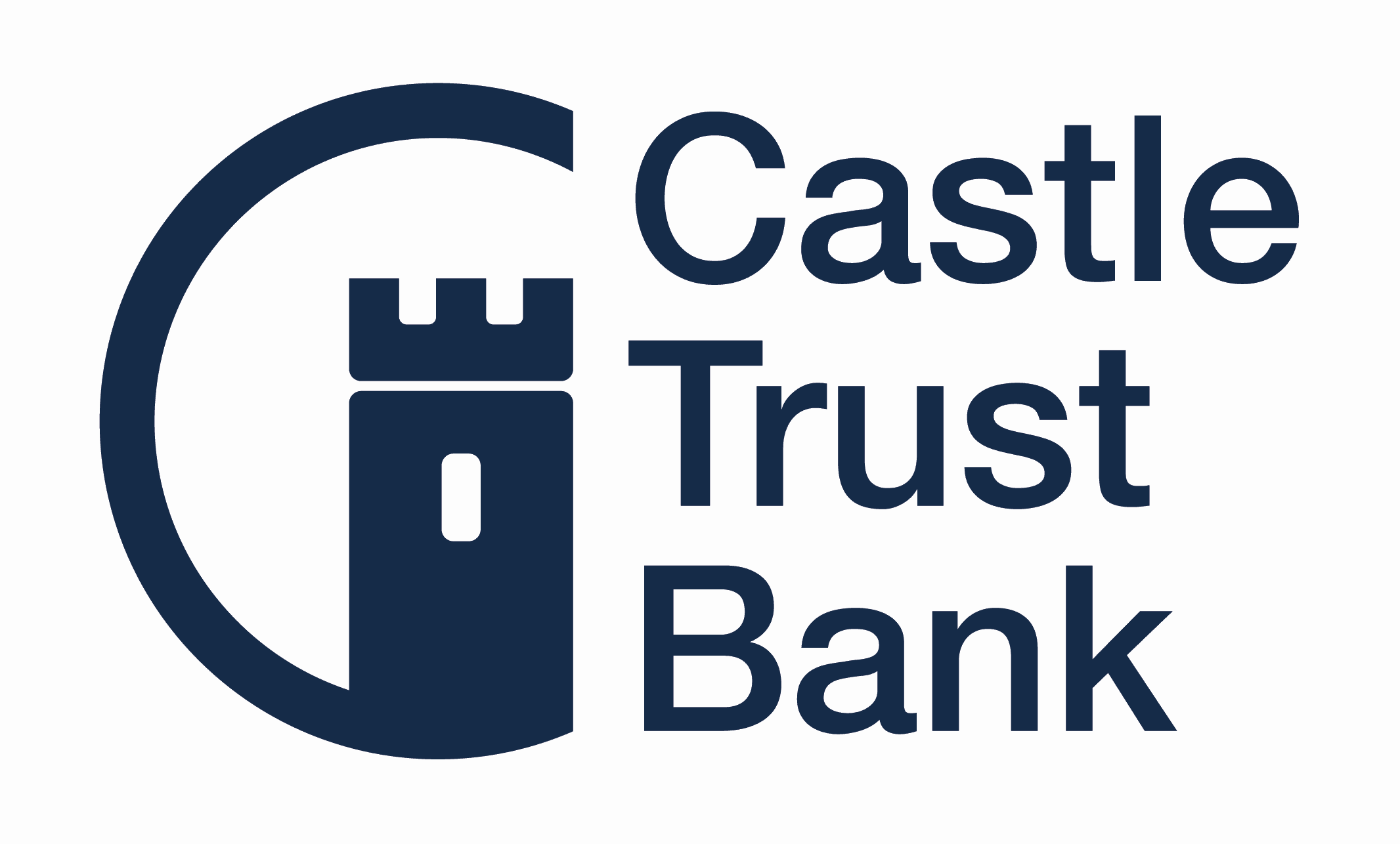
Minimum deposit: £1,000
Maximum deposit: £500,000
AER: 4.55%
Early withdrawal: Not Permitted
Interest payment: Interest is compounded annually and paid on maturity.
Castle Trust Bank has carved a niche for itself by o positioning itself as a strong contender for savers looking for competitive returns over two years with their 2 year e-Saver.
Established as a trustworthy institution, it serves a wide range of savings needs with its half-a-million-pound maximum deposit limit, easily catering to both average savers and those looking to invest larger sums.
With a high maximum deposit threshold and a solid AER, appealing to a broad spectrum of savers. The stipulation of penalties for early withdrawal underscores the importance of commitment to the term, a universal trait among fixed-rate bonds demanding meticulous planning from savers.
Close Bank 2 Year Fixed Rate Bond - 4.95% AER

Minimum Deposit: £10,000
Maximum Deposit: £2,000,000
AER: 4.95%
Early Withdrawal Penalties: Not Permitted
Interest Payment: Annually
Bond Issuer Description: H2 Close Bank, a distinguished member of the UK banking sector, prides itself on its robust portfolio of savings products tailored for both conservative and ambitious savers. Originating over a century ago, it has built a strong reputation for stability and customer satisfaction in the financial landscape.
The 2 Year Fixed Rate Bond from Close Brothers Savings could be a solid choice for UK residents looking to grow their savings with a stable interest rate of 4.95% Gross PA/AER. Ideal for those who can set aside £10,000 to £2 million without needing access for two years, it offers the peace of mind that comes with a guaranteed rate. Just remember, the key is to deposit within 10 days of account acceptance to lock in that rate. For anyone planning their financial future, this could be a valuable addition to your savings strategy. For detailed info, it's best to check their official page.
How to choose a fixed rate bond
When deciding on a fixed-rate bond or a savings account, it's crucial to look into several key factors beyond just the interest rate. Understanding the term length is essential as it determines how long your funds will be tied up, impacting your financial flexibility.
The minimum investment required can vary widely between institutions, so it's important to find an option that aligns with your available capital. Also, consider the accessibility of your funds during the term, as some bonds may impose penalties for early withdrawal, affecting the overall return on your investment.
The financial stability of the institution offering the bond should not be overlooked, as it ensures the security of your investment. The frequency of interest payments can influence your cash flow, with options typically including annual payments or a lump sum at maturity.
Finally, the tax implications of your investment earnings can vary, so it's advisable to consult with a financial advisor to understand how a fixed-rate bond would fit into your overall tax strategy.
By taking these considerations into account, you can make a more informed decision that aligns with your financial objectives, ensuring that the fixed-rate bond you choose is the best fit for your investment portfolio.
How to Buy a 2 Year Fixed Rate Bond?
Investing in a 2-year fixed rate bond can be a strategic move for savers seeking higher interest rates than those offered by regular savings accounts, with the added benefit of fixed returns. Here's a concise guide:
Research: Look for banks or financial institutions offering 2-year fixed rate bonds. Compare their interest rates, minimum deposit requirements, and terms and conditions.
Understand the Terms: Fixed rate bonds lock your money for a set period, in this case, two years, during which you cannot access your funds without incurring a penalty.
Check Eligibility: Ensure you meet the eligibility criteria, such as age and residency requirements.
Application: Apply online or in-branch, providing necessary identification and choosing how to deposit your funds.
Deposit: Make your deposit within the institution's specified timeframe to secure your fixed interest rate.
Interest Payments: Decide how you want to receive interest payments—either annually or at the end of the term.
Remember, while fixed-rate bond and savings accounts can offer security and potentially higher returns, it also requires committing your money for the full term, making it crucial to plan accordingly.
Fixed Rate Bond Definitions
Minimum Deposit
The minimum deposit is usually the first consideration. In my search, I found options starting as low as £50, while others required £10,000. This variation allows flexibility depending on how much you're willing to lock away.
Maximum Deposit
There's also an upper limit to consider—some bonds cap deposits at £2,000,000, catering to those looking to invest a substantial amount.
Early Withdrawal Penalties
Most two-year fixed rate bonds do not allow early withdrawals without penalties. Comparing these can be pivotal; some may charge a month's or several months' interest.
Interest Payment
How and when you receive your interest can affect your choice. Monthly or at the end of the term? This consideration is essential for those relying on interest as a regular income.
AER
AER stands for Annual Equivalent Rate. It's a standard interest rate metric that allows you to compare the interest rates from different savings products across the financial market. AER shows you how much interest you would earn in one year if you were to invest a sum of money, taking into account the effect of compounding.
This means it calculates the interest you'd earn not only on your initial investment but also on any interest added to that investment over the year.
How do fixed rate bonds work?
Understanding how fixed rate bonds operate is crucial if you're eyeing these as a potential investment. Let me dive into the basics and some intricacies that come with choosing a fixed rate bond, especially if you're looking at a 2-year term.
The Essentials
At their core, fixed rate bonds are all about locking your money away for a predetermined period, during which you'll earn interest at a fixed rate. This fixed interest rate is one of the bond's main attractions, providing a sense of security regarding the returns you can expect. The term for these bonds can range from as short as one year to as long as seven years. However, today, we're honing in on those with a 2-year term.
One key characteristic of fixed rate bonds is the inability to add funds incrementally; instead, you must deposit a lump sum. This is something to consider when comparing bonds.
Interest Rates and Calculations
Most fixed rate bonds, 99% to be precise, have their interest rates set directly by the issuing bank or building society. An alternative, less common type, known as tracker bonds, set their interest rates to follow the Bank of England base rate, plus a fixed percentage. Understanding these distinctions is vital in choosing a bond that aligns with your financial goals and tolerance for interest rate fluctuations.
Maturity and Options
Upon maturity, which, in our focus, occurs after two years, your bond issuer will reach out with options for your investment. This might include rolling over the investment into a new bond, withdrawing the funds, or possibly other alternatives. This is a pivotal moment to evaluate the best course of action, potentially consulting a financial advisor if necessary.
Comparisons
When we compare the 9 Month Fixed Rate Bond Issue 11 and the 1 Year Fixed Rate Bond Issue 100, the former stands out for those seeking shorter commitment periods, while the latter offers potentially higher returns for those who can afford to lock in their funds for an entire year. Each bond has distinct terms for minimum and maximum deposits, AER (Annual Equivalent Rate), early withdrawal penalties, and the frequency of interest payments, underscoring the need to weigh these factors carefully.
F.A.Q.s
Is it better to get a 2-year or 5-year fixed rate?
Choosing between a 2-year or a 5-year fixed rate often depends on future interest rate forecasts. If rates are expected to decline, opting for a shorter-term deal like 2 years could be more advantageous, allowing you to benefit from lower rates sooner.
Is it better to get a 1 year fixed-rate bond or a 5 year fixed rate?
Choosing between a 1-year fixed rate bond and a 2-year depends on your financial goals and expectations for interest rates. A 1-year bond offers flexibility and is suitable if you expect rates to rise or need access to your funds sooner. A 2-year bond might offer a higher interest rate, providing a better return for a longer commitment. Consider your need for liquidity, expectations for interest rate changes, and investment goals to determine which option best suits your needs.
Is it better to have a fixed rate bond or an ISA?
Choosing between a fixed rate bond and an ISA depends on your financial priorities, such as tax efficiency, access to funds, and interest rates. Fixed-rate bonds typically offer higher interest rates locked in for the term, suitable for those looking for guaranteed returns. ISAs offer tax-free interest, allowing savings to grow without paying income tax on the interest earned, which could be more beneficial over the long term. Consider your tax situation, financial goals, and whether you may need access to your funds before deciding.










